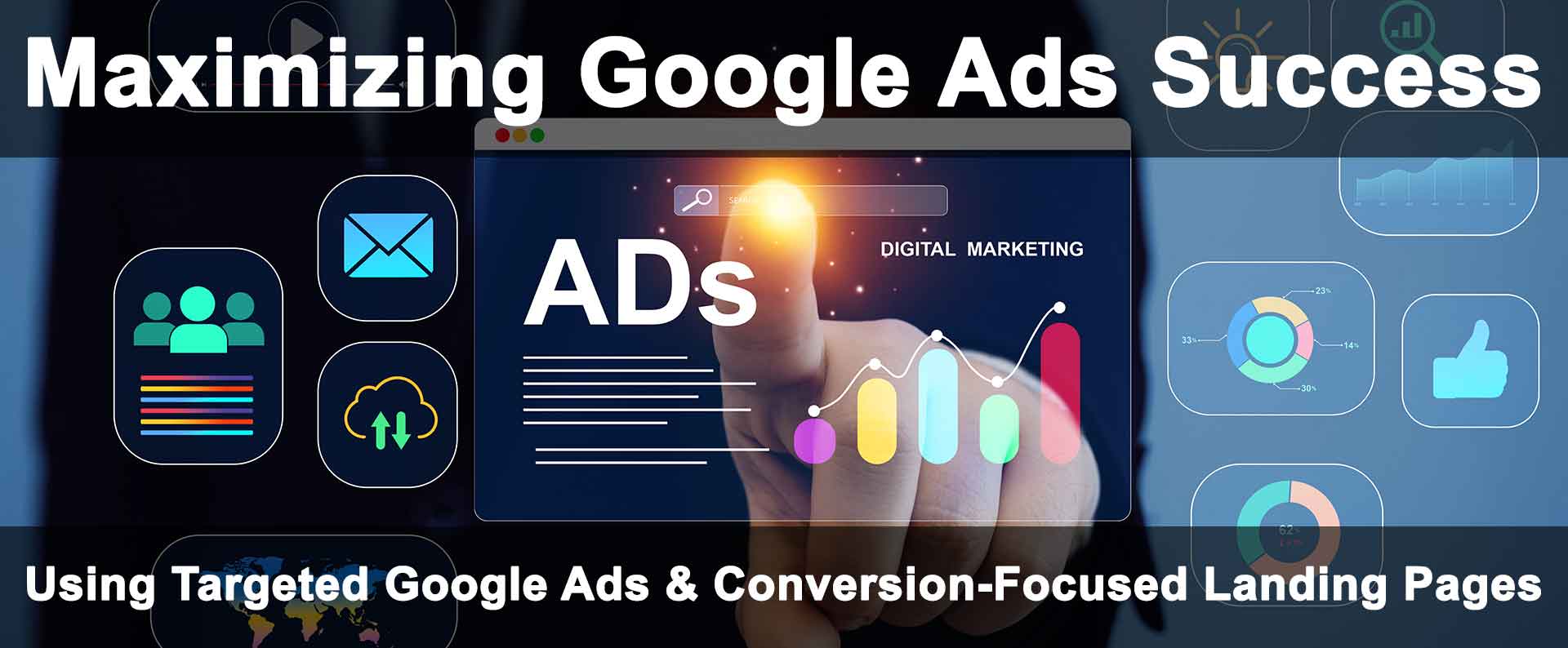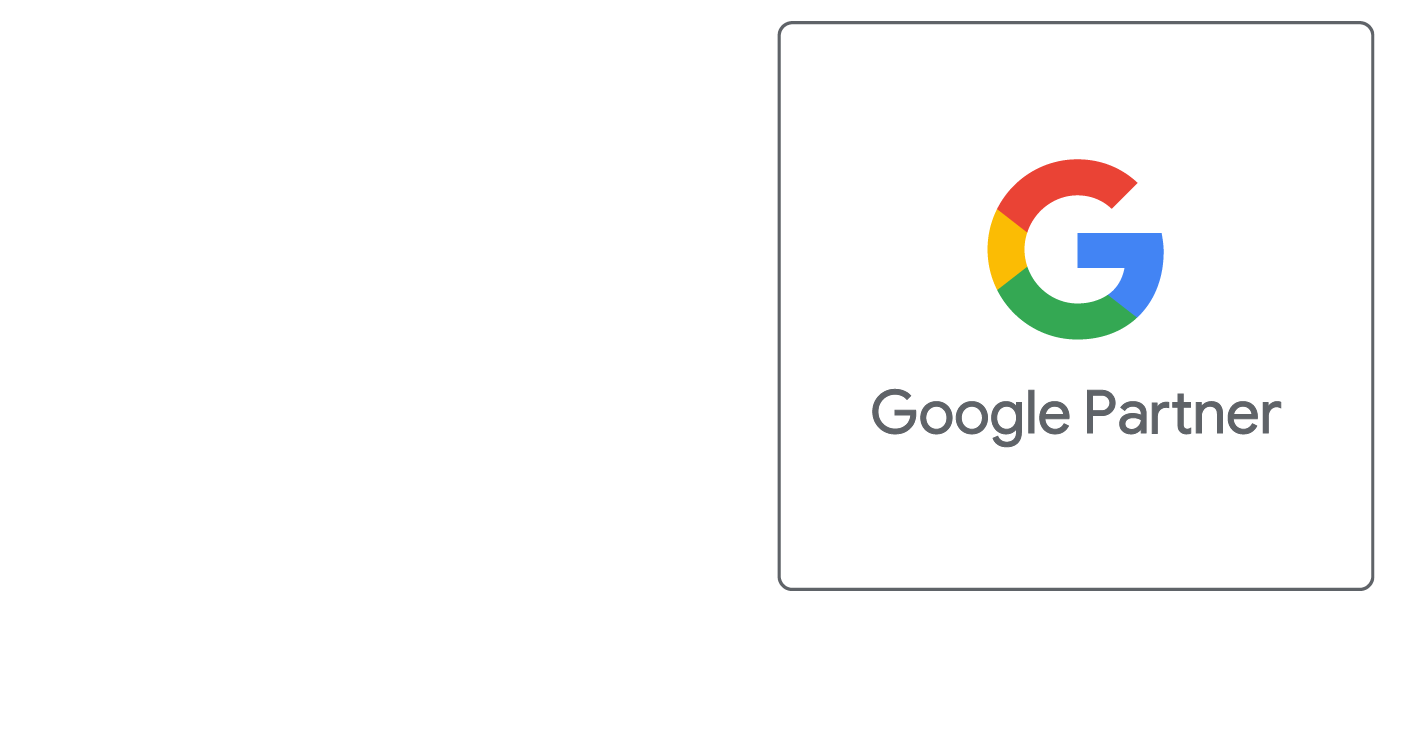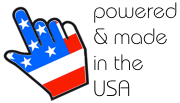In the competitive world of digital marketing, small and medium-sized businesses (SMBs) spanning industries such as retail, restaurant, hospitality, health/medical, construction, and professional services face unique challenges in reaching and engaging their target audiences.
Google Ads is a potent platform that can help businesses connect with potential customers, but the effectiveness of this tool lies in the strategic use of specific ad campaigns and the creation of optimized landing pages. This article explores the critical importance of these elements and provides industry-relevant examples to demonstrate their impact.
Specific Google Ad Campaigns vs. Generalized Campaigns
Generalized Campaigns: Broad & Inefficient
Generalized Google ad campaigns aim to reach a wide audience by using broad, non-specific keywords. While this approach can generate a large volume of impressions, it often results in wasted spend with lower engagement and conversion rates, as the ads may not align with the specific needs or intentions of the audience.
Example:
A legal firm specializing in family law might run a generalized campaign using keywords like "lawyer services" or "legal help." These broad terms can attract clicks from individuals seeking a wide range of legal services, not necessarily related to family law, resulting in inefficient use of the advertising budget.
Specific Campaigns: Targeted & Effective
Specific ad campaigns focus on targeted keywords that match the audience's search intent and the business's offerings. This approach ensures that ads reach users who are more likely to be interested in the business's services or products, leading to higher conversion rates and better ROI.
Example:
The family law firm could implement a specific campaign with keywords such as "divorce attorney [city name]" or "child custody lawyer near me." These targeted keywords are likely to attract individuals actively seeking family law services, increasing the chances of conversion, such as booking a consultation.
Targeted Campaign Key Benefits
Using specific ad campaigns in Google Ads offers several advantages compared to generalized campaigns, particularly in terms of targeting, efficiency, and return on investment. Here are some key benefits:
- Audience Precision: Specific campaigns allow you to target precise keywords and demographics, ensuring that your ads reach users who are actively searching for your specific products or services. This precision helps attract more qualified leads.
- Reduced Wasted Spend: With better targeting, there's less likelihood of paying for clicks from users who aren't interested in what you're offering, thus reducing wasted ad spend.
- Relevance: Ads in specific campaigns are more relevant to the user's search intent, leading to higher engagement and conversion rates. When users see highly relevant ads, they are more likely to click through and complete a desired action, such as making a purchase or signing up for a service.
- Clear Messaging: Specific campaigns allow for tailored ad copy that speaks directly to the needs and interests of the target audience, further enhancing the likelihood of conversions.
- Ad Relevance & Landing Page Experience: Google assigns a Quality Score based on the relevance of your ad copy, keywords, and landing page experience. Specific campaigns typically achieve higher Quality Scores, which can lead to lower costs per click (CPC) and better ad placements.
- Cost-Effectiveness: By focusing on specific keywords and audiences, businesses can achieve a better return on investment. Ads that convert better lead to a more efficient use of the advertising budget.
- Smarter Budget Allocation: Specific campaigns allow for more controlled budget allocation, ensuring that funds are spent on high-performing keywords and ads that deliver results.
- Detailed Performance Metrics: Specific campaigns provide more detailed insights into which keywords, ad copies, and audience segments are performing best. This data is invaluable for refining and optimizing future campaigns.
- A/B Testing Opportunities: With specific campaigns, it's easier to conduct A/B tests to understand what messaging and keywords resonate most with your audience, allowing for continuous improvement.
- Niche Targeting: By focusing on niche audiences and specific needs, businesses can differentiate themselves from competitors who might be relying on broader, less targeted campaigns.
- Brand Positioning: Specific campaigns help in establishing your brand as a specialist or expert in a particular area, which can enhance brand perception and loyalty.
1. Improved Targeting:
2. Higher Conversion Rates:
3. Better Quality Scores:
4. Enhanced ROI:
5. Granular Data & Insights:
6. Competitive Advantage:
Specific Google ad campaigns offer a strategic advantage by delivering targeted, relevant messaging to the right audience, leading to improved performance metrics and a higher return on investment. Businesses that leverage these advantages can optimize their advertising efforts and achieve their marketing goals more effectively.
The Importance of a Landing Page vs. a Homepage
Homepage Drawbacks: A Potential Conversion Killer
Directing ad clicks to a business's homepage can hinder the effectiveness of a campaign. Homepages are typically designed to provide an overview of the company's offerings and may present too much information, causing potential customers to lose focus or become overwhelmed.
Example:
A health clinic promoting a new weight loss program through Google Ads might direct users to its homepage. Upon arrival, visitors may encounter information about various unrelated services, making it difficult to find details about the weight loss program and potentially leading to abandoned visits.
Landing Page Benefits: Focused & Conversion-Oriented
A landing page is a dedicated page created to align with the ad's message and offer a streamlined path to conversion. By providing relevant and focused content, landing pages can significantly enhance user experience and increase conversion rates.
Example:
For the health clinic's weight loss program, a well-designed landing page could feature:
- A headline that highlights the benefits of the program
- Detailed information about the program and its unique offerings
- Testimonials or success stories from previous participants
- A clear call-to-action (CTA) encouraging visitors to sign up for an informational session or consultation
This approach ensures that visitors who click on the ad are directed to content that matches their expectations and encourages them to take the desired action.
The Take Away
For small and medium-sized businesses in any industry, leveraging the power of specific Google ad campaigns and optimized landing pages is crucial for maximizing marketing impact.
By focusing on precise keywords and delivering a tailored user experience, businesses can enhance their advertising efficiency, attract the right audience, and achieve better conversion rates.
Implementing these strategies can provide a significant competitive advantage and drive meaningful business growth in the digital landscape. Investing in specificity and user-focused design is not just beneficial—it's essential for thriving in today's online market.













